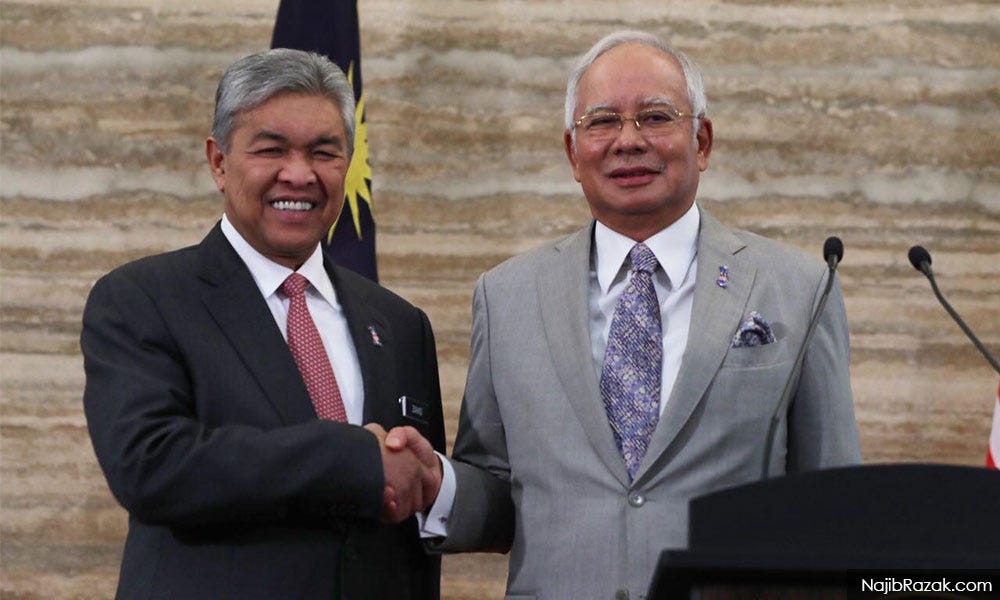Johor Election Takes Malaysia Back to the Future
Opposition needs to rebuild from scratch
By: Murray Hunter
State election results over the weekend in the southern Malaysian state of Johor came in as the majority of political analysts predicted, with disaster for the opposition reform coalition Pakatan Harapan and a different kind of disaster for the Barisan Nasional, whose de facto leaders have been indicted or convicted of multiple charges …
Keep reading with a 7-day free trial
Subscribe to Asia Sentinel to keep reading this post and get 7 days of free access to the full post archives.

